Benefits Of Waste Water Recycling
January 20, 2025
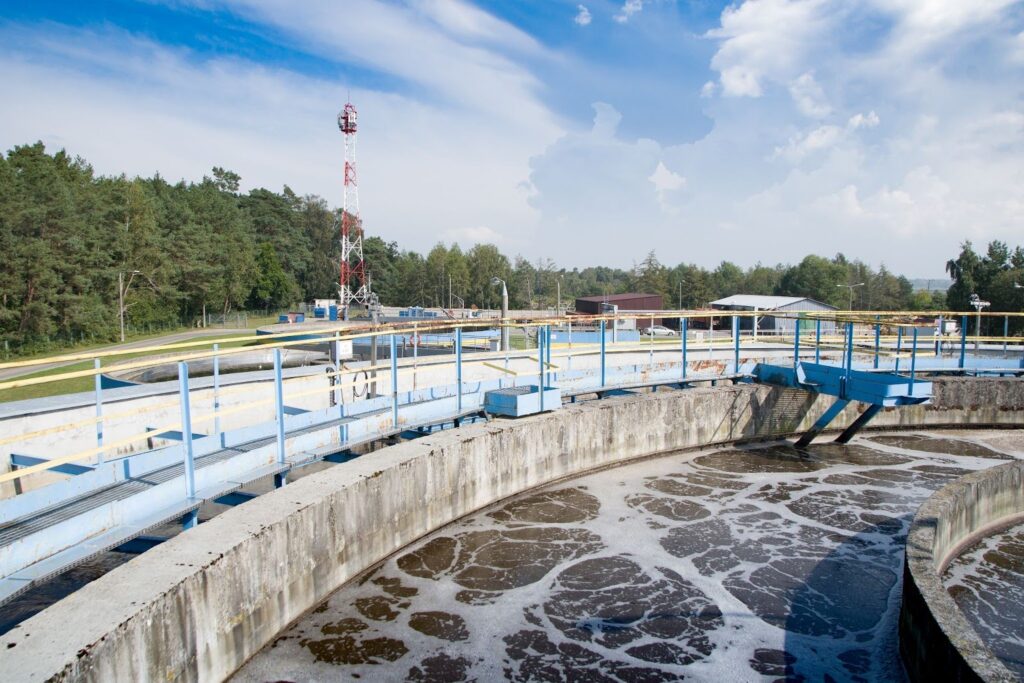
In the face of growing environmental challenges, wastewater recycling is more than a sustainability buzzword. It is becoming an essential practice.
This process involves treating used water so it can be reused for non-drinking purposes. Hence, offering numerous advantages for individuals, communities, and the planet.
Here, we explore the benefits of wastewater recycling. We will also delve into how it can contribute to a sustainable future. Let us get to it!
What Is Wastewater Recycling?
Wastewater refers to any water that has been used in households, industries, or commercial settings. Wastewater is no longer fit for its original purpose. This includes water contaminated with organic matter, chemicals, or industrial byproducts.
Recycling wastewater involves collecting, treating, and purifying this water to make it suitable for reuse in various applications. Depending on its origin, wastewater can include:

- Domestic Wastewater: Water from sinks, showers, washing machines, and toilets.
- Industrial Wastewater: Water used in manufacturing processes, cooling systems, or equipment cleaning that contains chemical or material residues.
Through filtration systems, biological treatments, or advanced purification technologies, wastewater can be treated. And, they can be reused for purposes such as irrigation, industrial operations, and flushing toilets.
This process significantly reduces the demand for freshwater. It also mitigates environmental pollution and supports sustainable resource management. By embracing wastewater recycling, we make strides towards a future where water is used more responsibly across all sectors.
Have oily or toxic waste and unsure how to dispose of it safely? We provide professional oily and toxic waste disposal services. Call us now at 6261 1377 or 6261 1947 and simplify your waste management today!
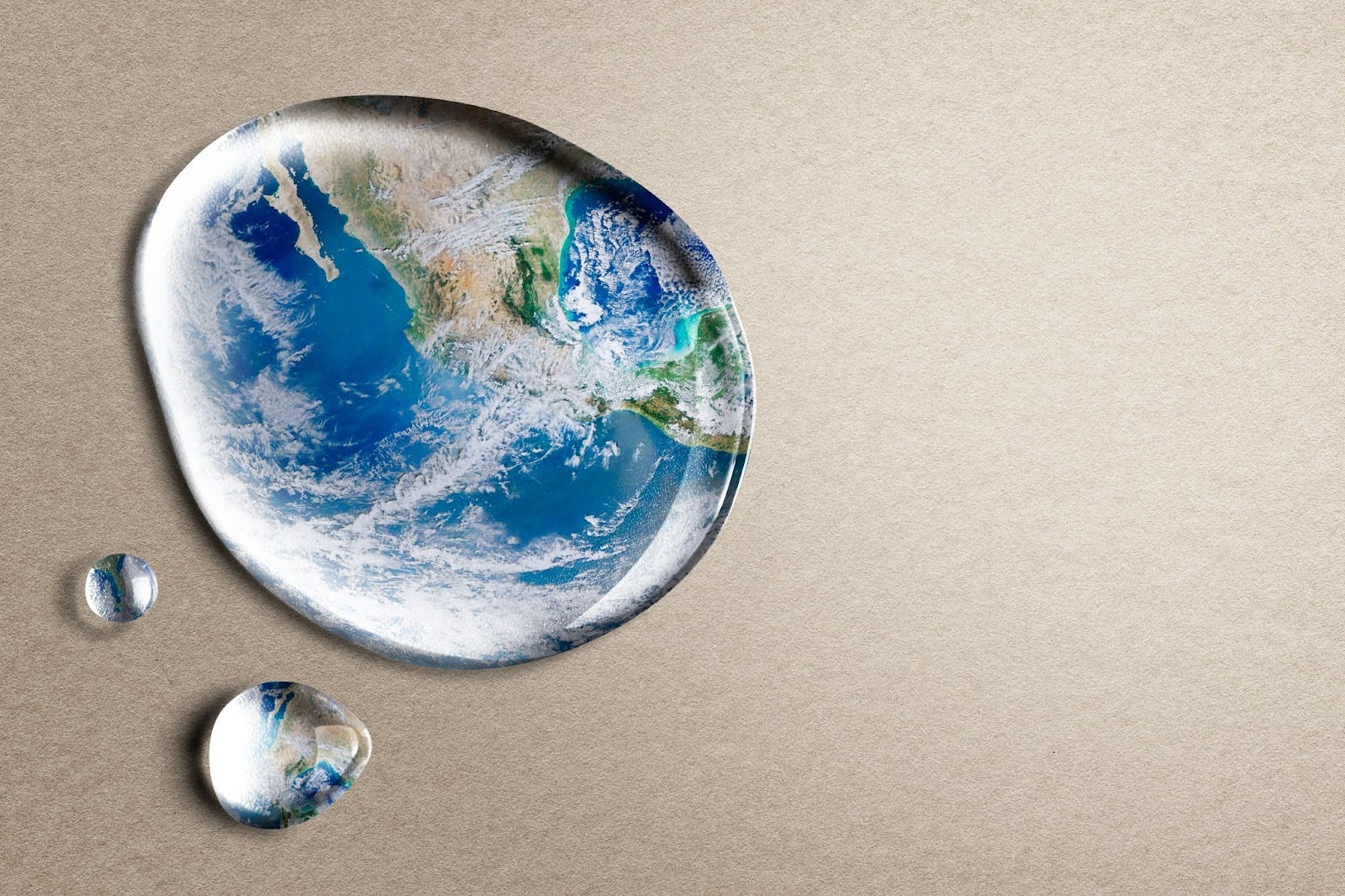
Benefits of Wastewater Recycling
Let us explore the key benefits of wastewater recycling and how it contributes to a sustainable lifestyle.
1. Conserves Water Resources
Water scarcity is a pressing global issue. And, wastewater recycling provides a solution by reducing the demand for fresh water.
By reusing treated water for tasks such as irrigation or cleaning, communities can conserve freshwater supplies. They can also reduce reliance on natural water sources.
In Singapore, where water conservation is a national priority, this practice helps ensure sustainable water management for the long term.
2. Reduces Environmental Pollution
Untreated wastewater discharged into the environment can contaminate rivers, oceans, and soil. This leads to pollution and harms ecosystems.
Recycling wastewater minimises the volume of water released into the environment. Hence, reducing the risk of pollution.
By treating and reusing this water, we protect aquatic habitats. We also contribute to a cleaner and healthier environment.
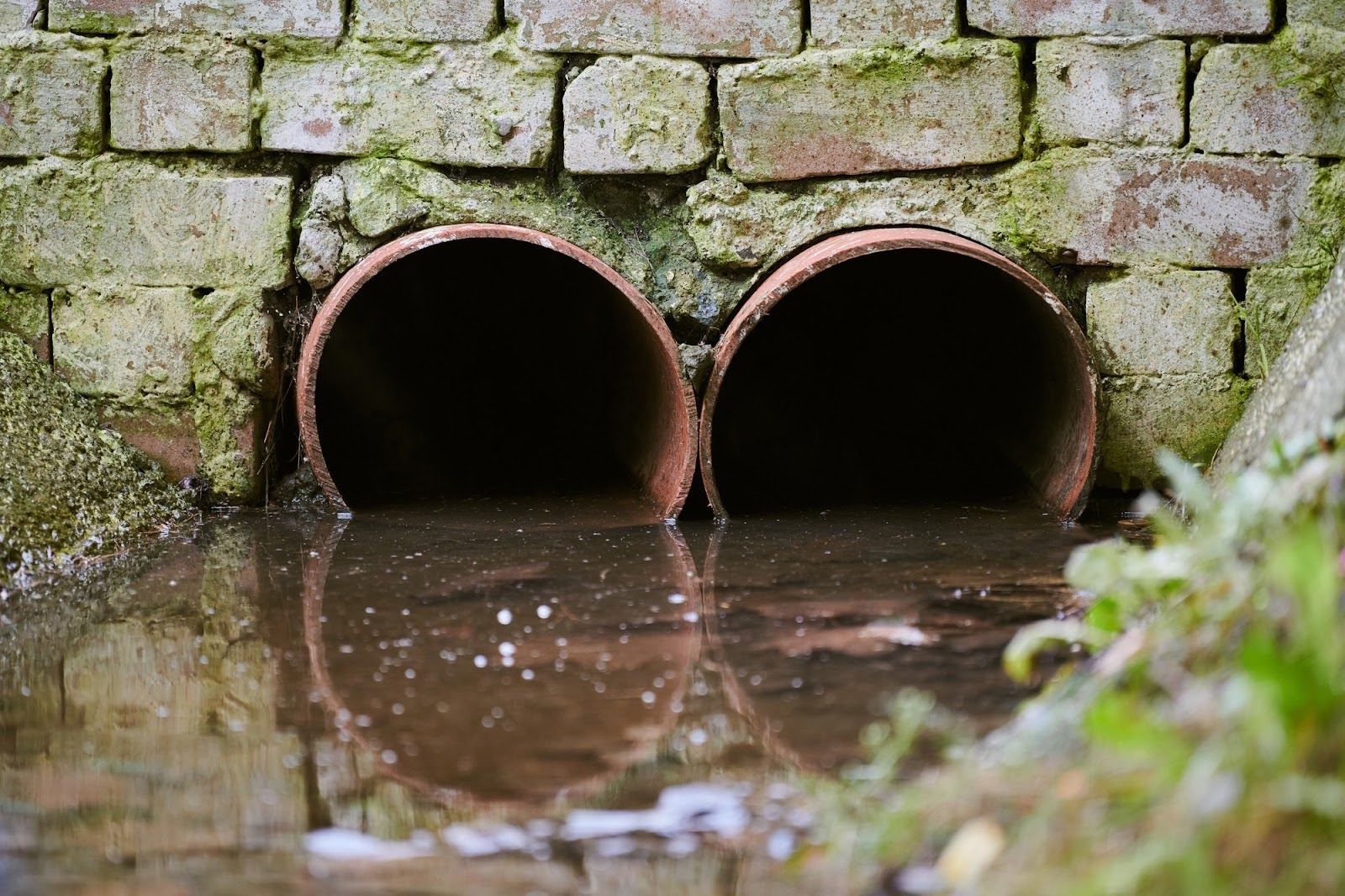
3. Cost-Effective Solution
Wastewater recycling can lead to significant cost savings for households and businesses. By reusing treated water for non-drinking purposes, such as watering plants or washing outdoor spaces, you can reduce overall water consumption.
Over time, this translates into lower operational costs. Hence, making it a financially viable and environmentally friendly choice.
4. Promotes Sustainable Living
Embracing wastewater recycling aligns with sustainable living goals. It promotes resource efficiency and reduces waste.
This eco-friendly practice encourages responsible water use and contributes to a culture of sustainability. When adopted on a larger scale, it supports global efforts to combat climate change and environmental degradation.
5. Supports Industrial Applications
For industries, wastewater recycling offers a cost-effective and sustainable solution to meet operational water needs. Treated wastewater can be reused in processes such as cooling, cleaning, and equipment maintenance.
This reduces the dependency on freshwater sources. Thus, lowering costs while demonstrating corporate responsibility towards the environment.
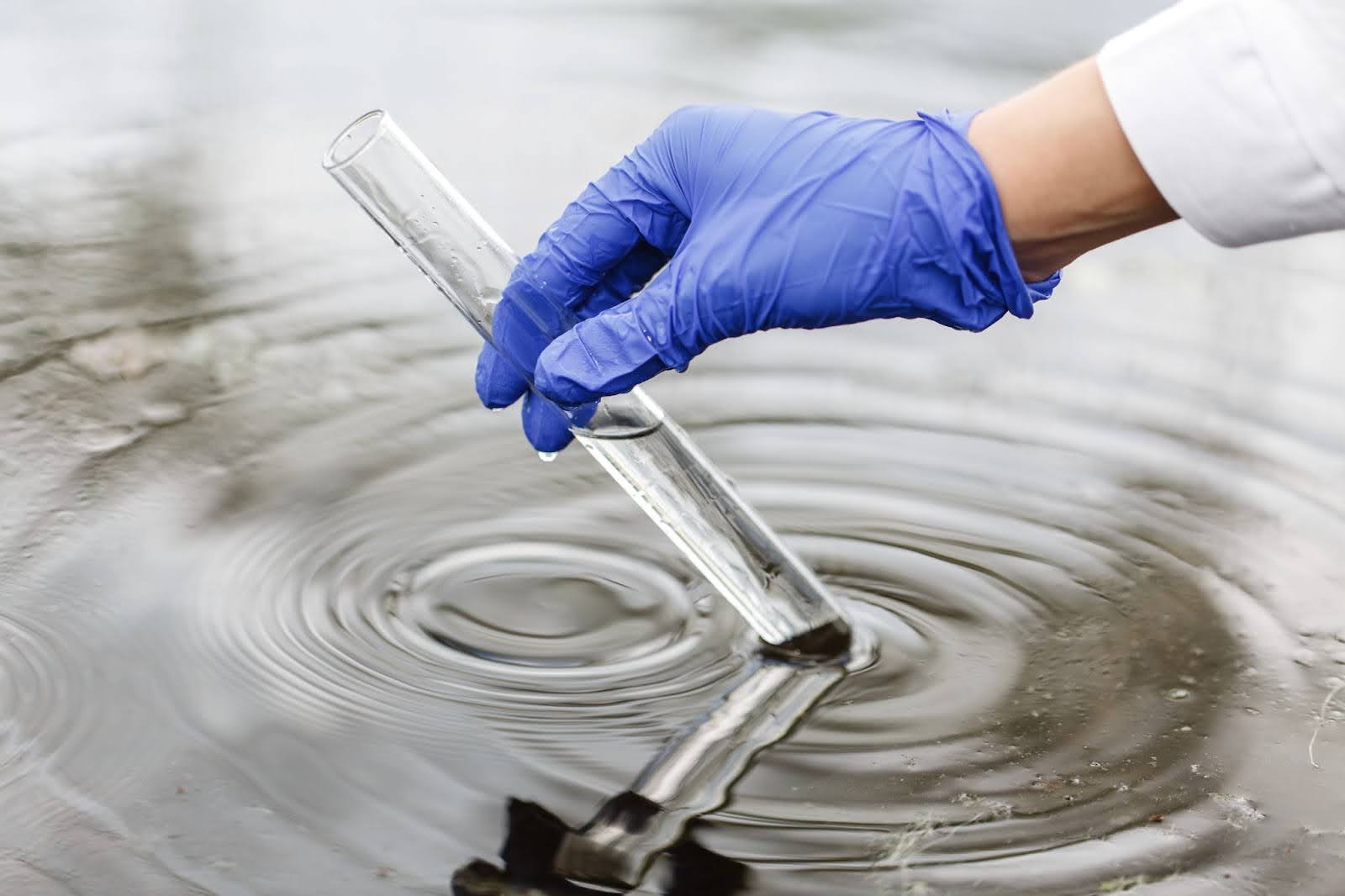
How Is Wastewater Treated?
Before wastewater can be reused, it must undergo proper treatment to ensure its safety and effectiveness. Here are the common methods used for treating wastewater:
1. Filtration
Filtration is often the initial step in wastewater treatment. It removes solid particles, such as debris, sediment, or industrial residues, from the water.
Depending on the level of contamination, this can range from simple mesh filters to advanced multi-layered systems designed to capture even microscopic particles. Filtration ensures that the water is free from visible impurities and ready for further processing.
2. Biological Treatment
Biological treatments use microorganisms to break down organic matter in the water. This method is particularly effective for treating wastewater containing biodegradable substances. Such as oils, food particles, or other organic residues.
Microorganisms, like bacteria, consume these pollutants. Thus, leaving the water cleaner and safer for reuse in applications like irrigation or industrial cleaning.
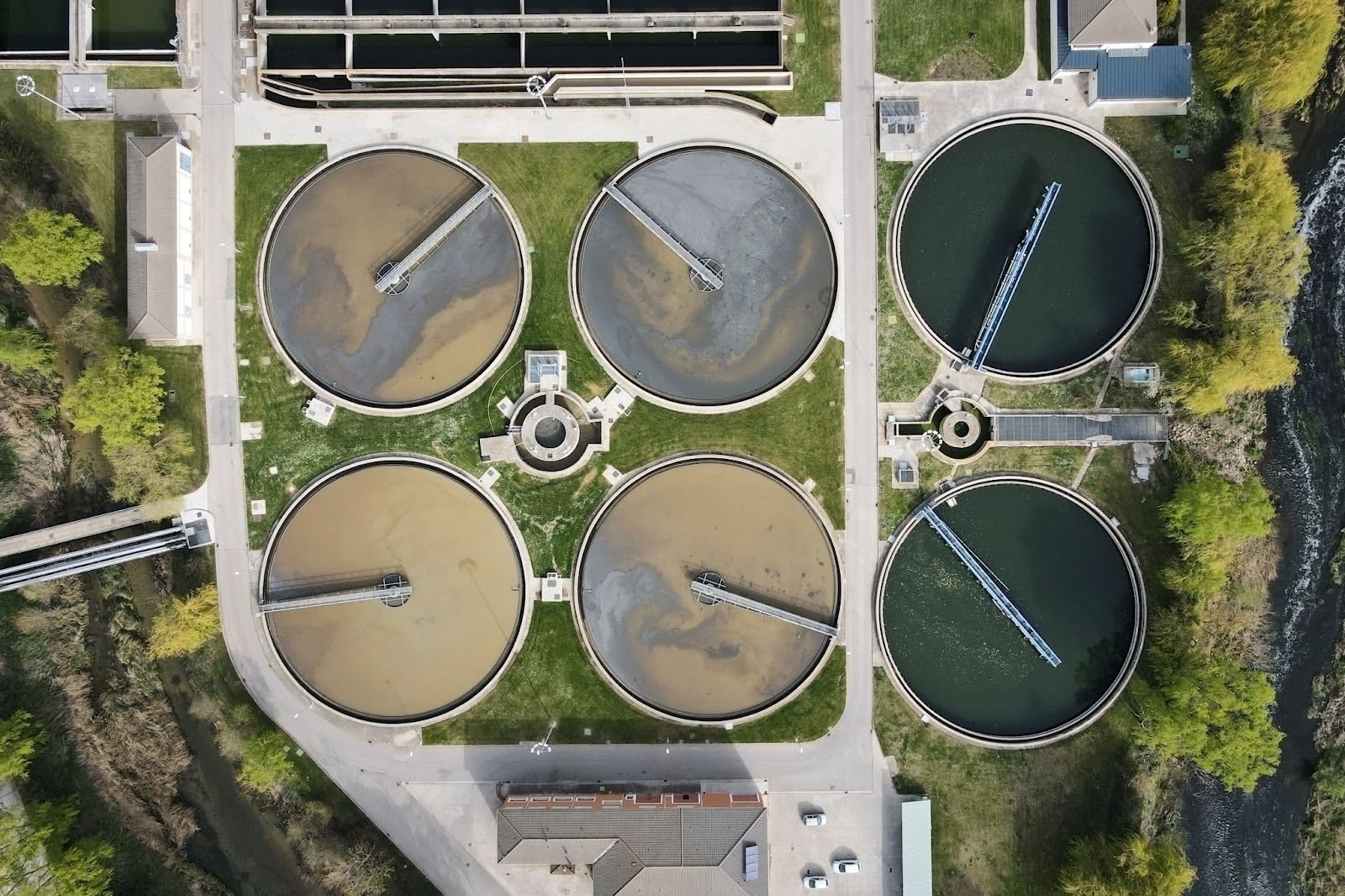
3. Chemical Treatment
Chemical treatments involve the use of disinfectants and coagulants. They neutralise harmful pathogens and contaminants in the water.
Substances like chlorine or ozone are commonly used to kill bacteria, viruses, and other microorganisms.
Adsorption, another chemical treatment process, uses materials like activated carbon to bind and remove dissolved impurities effectively. Learn more about adsorption and its role in wastewater treatment here.
This step is critical for ensuring that treated wastewater meets hygiene standards for non-drinking uses. Such as irrigation or cleaning industrial equipment.
4. Advanced Purification Methods
For applications requiring higher water quality, advanced purification methods may be used. Techniques like reverse osmosis, UV sterilisation, or nanofiltration effectively remove finer impurities. This includes dissolved salts, heavy metals, and pathogens.
These technologies ensure that the treated wastewater is safe and versatile for a wide range of uses, from industrial processes to urban landscaping.
Practical Tips for Recycling Wastewater
For Industrial and Commercial Settings:
1. Implement Advanced Recycling Systems
Invest in robust wastewater treatment systems designed for large-scale operations. These systems treat water efficiently for reuse in industrial processes. Such as cooling, equipment maintenance, or cleaning.
2. Ensure Compliance with Regulations
Familiarise yourself with local wastewater management guidelines and industry standards. This is to ensure your recycling efforts meet safety and environmental requirements.
3. Adopt Sustainable Cleaning Practices
Use eco-friendly industrial cleaning agents. This is to minimise chemical contaminants in wastewater. This makes treatment easier and the water safer for reuse.
4. Monitor and Test Water Quality
Regular water quality testing ensures recycled wastewater meets the necessary standards for reuse in industrial or commercial operations. It also helps identify any required system upgrades or process improvements.
5. Engage Professional Waste Management Services
Collaborating with experts simplifies large-scale wastewater recycling. Professionals can provide tailored solutions, from system installation to maintenance and compliance.
For General Applications:
1. Install a Greywater Recycling System
These systems collect and treat greywater from sources such as sinks or washing machines. Treated greywater can then be safely reused for activities like irrigation or toilet flushing.
2. Reuse Non-Contaminated Water
Simple practices, such as collecting water from rinsing vegetables or rice, can help reduce water wastage. This greywater can be used to irrigate plants or clean outdoor spaces.
3. Opt for Biodegradable Cleaning Products
Switch to environmentally friendly detergents and soaps. These products break down more easily during treatment. Hence, making recycled water safer for plants and the environment.
4. Educate and Raise Awareness
Spread awareness about the importance of wastewater recycling within your household or community. Encouraging collective action can amplify the benefits.
Important Considerations for Wastewater Recycling
Recycling wastewater has immense benefits. But, proper handling is essential to ensure safety and effectiveness.
Whether in households, industries, or commercial facilities, the following guidelines should be observed:
1. Avoid Using Untreated Water
Untreated greywater can harbour harmful microorganisms and contaminants. Always treat wastewater before reuse, regardless of its application.
2. Follow Proper Treatment Processes
Ensure the water undergoes appropriate filtration, biological, or chemical treatments to meet safety standards. Advanced systems may be necessary for industrial or high-demand settings.
3. Use Treated Water Promptly
Recycled water should be used within 24 hours where possible. This is to prevent bacterial growth and maintain quality.
4. Consult Experts for System Design and Maintenance
Engage professional waste management services to install, optimise, and maintain recycling systems tailored to your needs. This ensures efficient operations and compliance with regulations.
Adopting these practices helps safeguard health and enhances the effectiveness of wastewater recycling. This contributes to a more sustainable and resource-efficient future.
A Step Towards a Sustainable Future
Wastewater recycling is a transformative step towards sustainability. It benefits both the environment and society. By treating and reusing water, industries, communities, and individuals contribute to global water conservation efforts. At the same time, reducing pollution and conserving resources.
The decision to recycle wastewater brings lasting environmental and economic benefits. Every effort matters in building a future where water is valued and used responsibly.
Take the first step today – explore how wastewater recycling can create meaningful change for your business, community, or home. Together, we can create a cleaner, greener, and more sustainable future for the generations to come.
For expert advice and tailored solutions for wastewater recycling, contact us at 6261 1377 or 6261 1947. Make water conservation a priority in your journey towards sustainability.
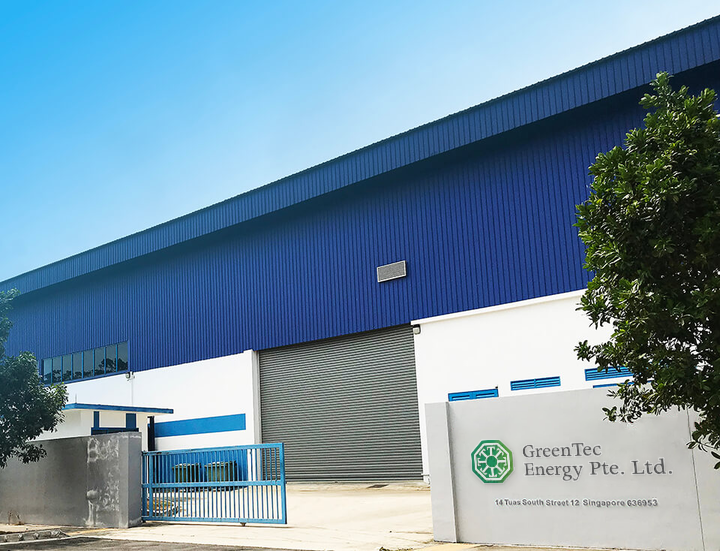 GreenTec Energy Pte Ltd (GTE) is a waste management company located in Tuas, Singapore.
GreenTec Energy Pte Ltd (GTE) is a waste management company located in Tuas, Singapore.
Our service includes Industrial waste, Oily waste, Marine waste.
To provide a hassle free solution to our customer is always the key approach and to ensure a win-win situation towards. As a NEA approved environmental company in Singapore, we take all our services seriously and to ensure maximum safety with compliances applied. Every step of our disposal processes are also designed to meet NEA & SCDF requirements, with latest treatment facilities and laboratories to test and treat all incoming waste before disposal.
GTE operates a total land area of about 100,000sqft at 14 Tuas South Street 12 Singapore 636953. With our comprehensive logistics and transportation fleet, we provide prompt and efficient services in transportation of waste to our premises.



